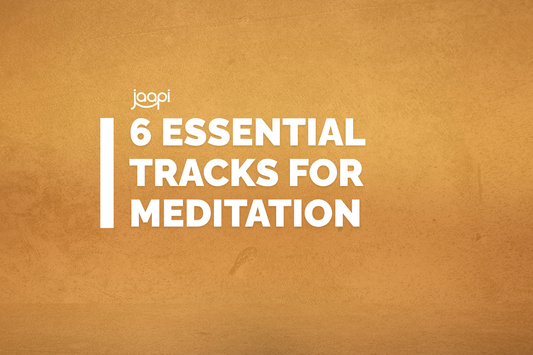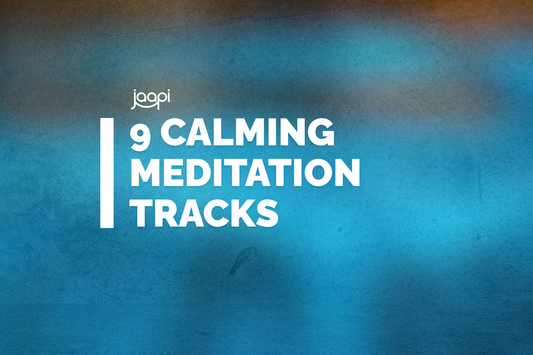Grounding Meditation Script for Calm & Stress Relief (Free PDF)
Share
Grounding meditation scripts are gentle, effective ways to settle the nervous system, reduce stress, and cultivate a steady sense of stability. Clinical research supports that grounding and mindfulness practices help to regulate stress response and promote emotional balance, with benefits documented in healthcare and educational settings. For evidence, see this large prospective mindfulness and grounding study and this peer-reviewed summary of grounding for anxiety and mood.
Who is this script for?
This script can be used for personal grounding, family and classroom routines, or by wellness professionals in group settings. Its language is fluid enough to be led by a facilitator or used solo, and each step includes options for adapting to all needs and levels.
Phase 1: Grounding the Body and Breath
Begin by inviting yourself—or anyone taking part—to find a comfortable position, seated or lying down. Set a welcoming intention: “This is your time for grounding and self-care. Take whatever you need—there’s no right or wrong way to practice.”
Encourage easing into breath: “Notice your breath moving naturally, in and out. There’s no need to change it unless that feels good.”
Guide a gentle body scan: “Bring attention from your feet upwards, noticing each area and inviting relaxation wherever you need it. Feel free to adjust or skip anything—comfort is key at every step.” Music suggestion: Soothing ambient music or grounding meditation tracks can help set the tone.
Phase 2: Root Visualization and Energy Flow
Prompt a simple visualization: “Picture roots extending from your feet or seat down into the earth. Imagine the ground supporting and nourishing you, or just notice any feeling of connection beneath you.”
Invite participants to gently press their feet or hands into the ground for a more tactile anchor, if it feels right.
Guide energy flow: “Imagine supportive energy from the earth rising through your body—bringing calm, strength, and balance.”
Affirmations: Offer or suggest silent or spoken grounding phrases like, “I am safe. I am supported. I am connected to the earth.”
Allow pauses for reflection and integration.
Phase 3: Returning and Reflecting
Guide a slow transition back: “When you’re ready, deepen your breath. Move your fingers, toes, stretch, and open your eyes when it feels comfortable.”
Close with gratitude and reflection: “Thank yourself for this grounding practice. Carry this sense of stability with you through your next moments or the rest of your day.”
Encourage journaling or quiet reflection; simple intentions like “I move through the day with calm” can help carry the practice forward.
Get The FREE Download Here:
Explore more: Find all printable guided meditation scripts in our guided meditation scripts library. For music pairing and classroom resources, visit our free meditation music download collection.
Further Reading & Evidence
Short mindfulness practices, even five minutes, help lower stress and restore mental clarity: Research on brief meditation and focus (Mindfulness Exercises)
Mindful pauses using trauma-informed approaches help make meditation more accessible, especially for anxiety and emotional health: Making mindfulness safe and inclusive (Psych Central)










